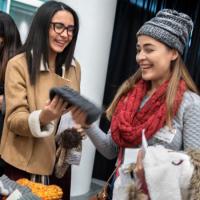
Cornell community shares advice, warm hats with new Puerto Rican students
Upperclass and graduate student mentors are helping the new students navigate Cornell.
 Department Homepage
The College of Arts & Sciences
Department Homepage
The College of Arts & Sciences

Upperclass and graduate student mentors are helping the new students navigate Cornell.
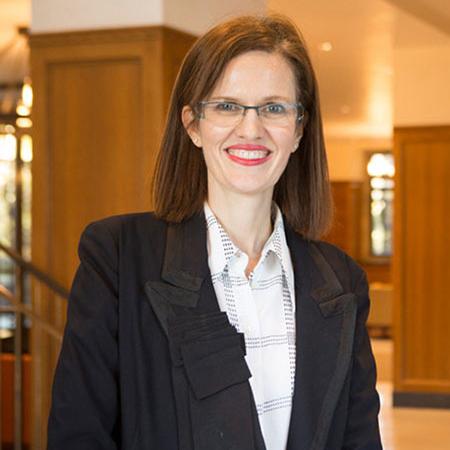
Annelise Riles, professor of anthropology in the College of Arts and Sciences and the Jack G. Clarke ’52 Professor of Far East Legal Studies at Cornell Law School, has received the Anneliese Maier Award for lifetime achievement across the social sciences and humanities from the German government and the Humboldt Foundation.
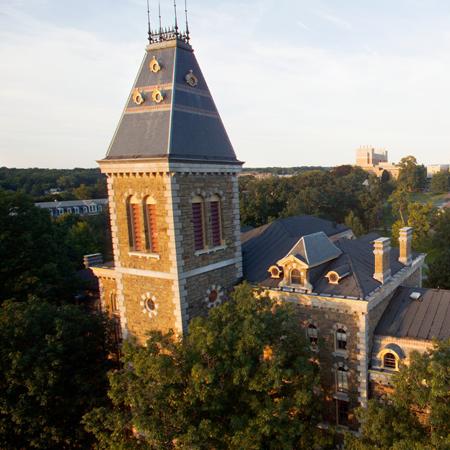
The program encompasses research-based disciplines in Ithaca, at Cornell Tech in New York City and at the Agricultural Experiment Station in Geneva.
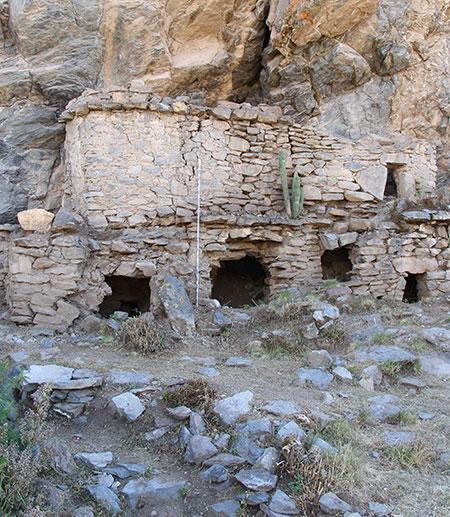
For families in the Andes between 1100-1450 AD, cranial modification was all the rage.

The program offers seminars, workshops and mentoring to doctoral students in the humanities and social sciences.
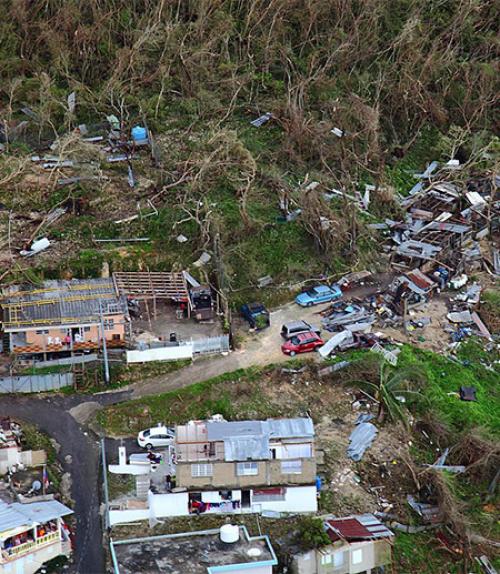
Hurricane Maria devastated Puerto Rico this past fall, and the slow recovery has left scholars and politicians wondering how to best help. On March 5, alumna Rosa Ficek ’03 will explore colonialism in Puerto Rico after this destructive hurricane in a public lecture, “Infrastructure, Colonialism and the State of Puerto Rico after Maria.” The talk, at 3:30pm in Cornell’s Morrill Hall, is free and open to the public.
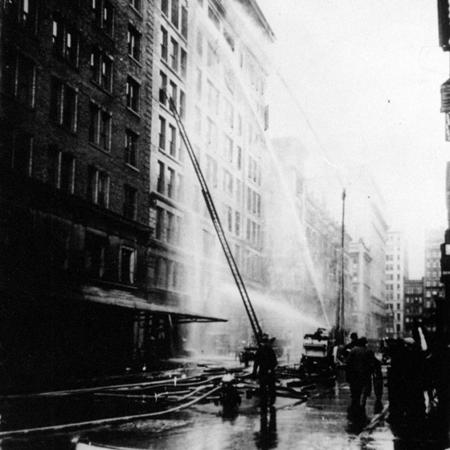
Marking the 107th anniversary of a turning point in labor history and law, the 1911 Triangle Shirtwaist Co. Factory fire in New York City, commemoration events this month will remember its victims and focus on a new generation of activists who organize against global sweatshops.
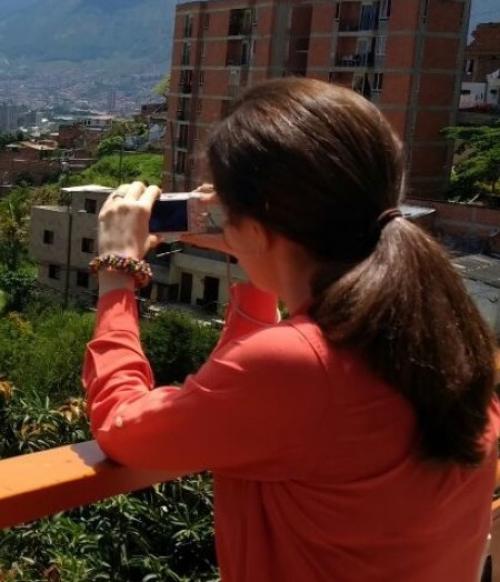
Zhiyu Gong (linguistics) will travel to China to record some of the last remaining speakers of the critically endangered Daur language. Kara Fikrig (entomology) will go to Colombia to study the feeding habits of mosquitoes that carry dengue fever and other diseases. Ali Abbas (applied economics and management) will spend time in Pakistan exploring collusion between citizens and the state in the property tax market.
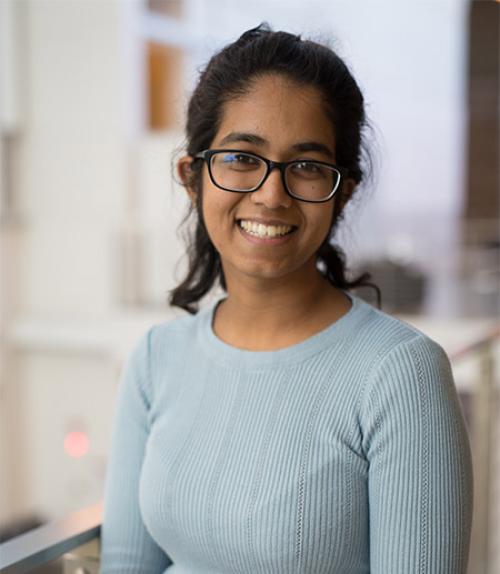
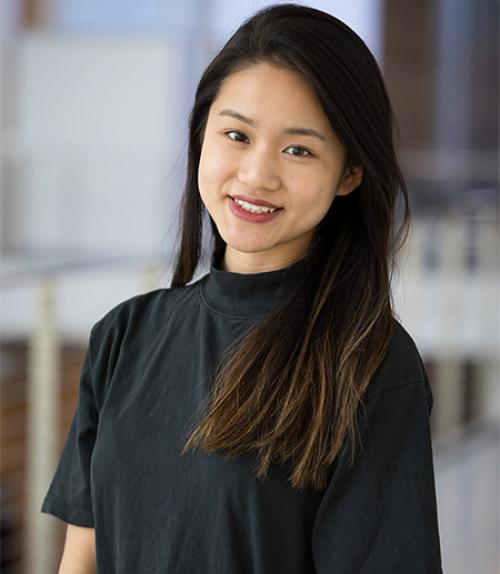
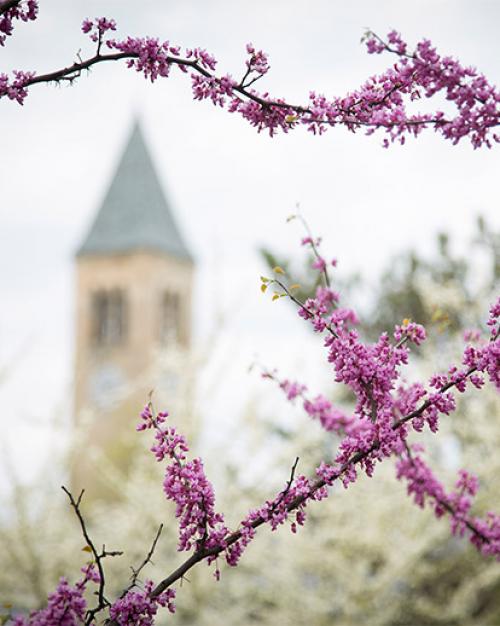
Why is expertise that used to be authoritative now sometimes dismissed as “fake news”? Is it possible to save an endangered language by bringing a native speaker to Cornell to document it? And what does it mean to work in a Bosnian weapons factory when the source of one’s livelihood is lethal to others and the environment?
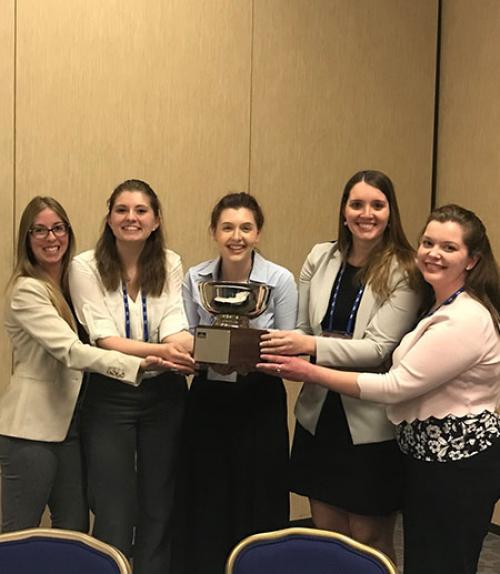
From left: Dana Bardolph, Danielle Vander Horst, Lindsay Petry, Elizabeth Bews, and Elizabeth ProctorCornell’s team won the Society for American Archaeology (SAA) Ethics Bowl on April 12 in Washington, DC. They were the first Cornell team to participate in the competition, which has been held for 14 years.
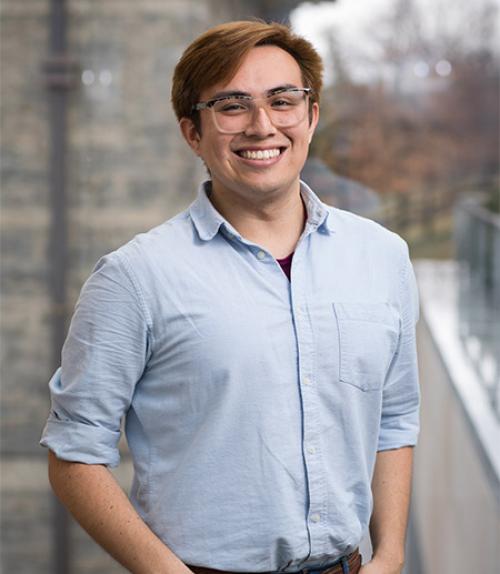
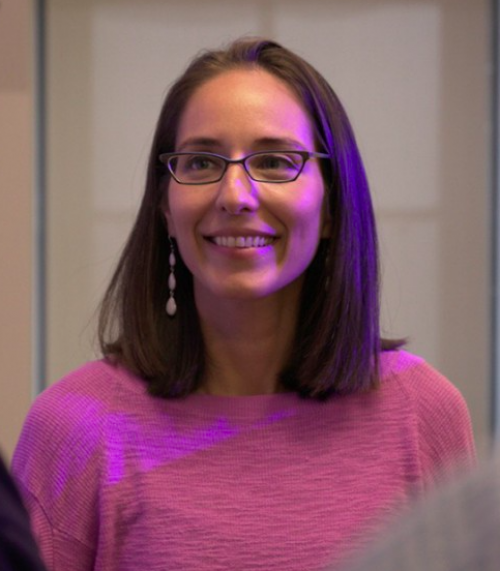
Rosa Ficek '03 majored in anthropology and Spanish as an undergrad at Cornell.
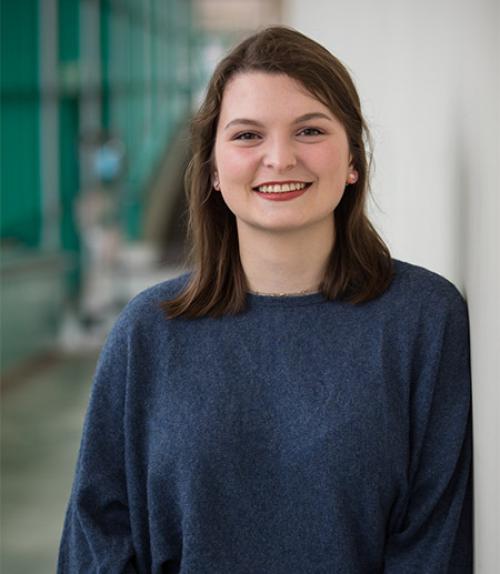
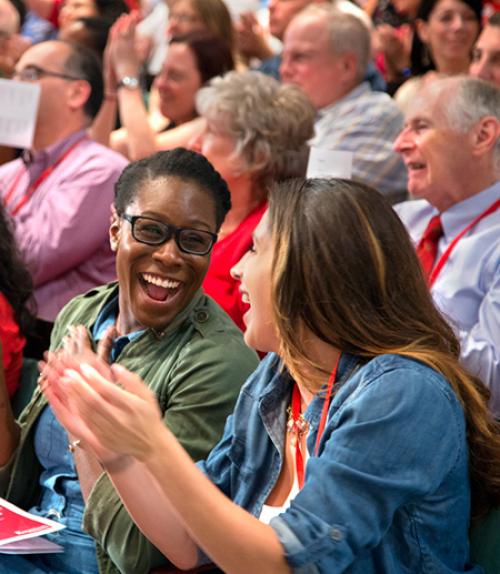
Events focus on everything from astronomy to physics to public service.
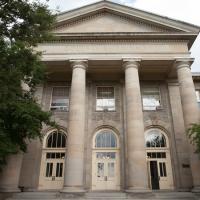
College of Arts and Sciences faculty members Benjamin Anderson and Saida HodžIć have been awarded the Robert and Helen Appel Fellowship for Humanists and Social Scientists, and Vivian Zayas and Edward Swartz have been awarded the Robert A. and Donna B. Paul Academic Advising Award in the College of Arts and Sciences.
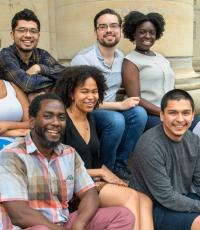
Six of 10 Mellon Mays undergraduate fellows graduating from the College of Arts and Sciences are headed directly to graduate school, higher numbers than ever.
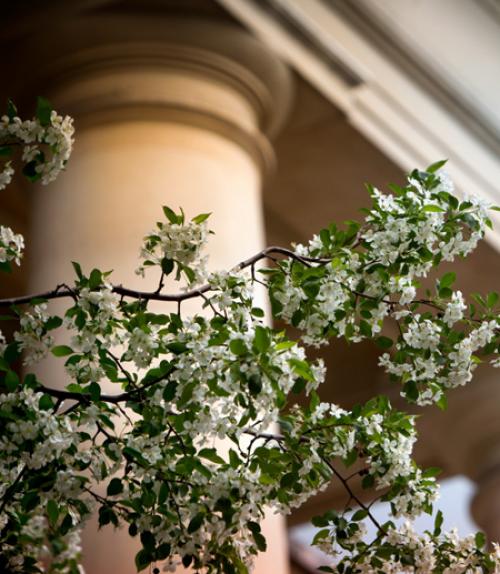
Recently awarded Engaged Graduate Student Grants will support 21 Cornell doctoral students and their community partners researching a range of topics, including arts and agriculture, education and the environment, health and history.Grant recipients come from both the Ithaca and Cornell Tech campuses and represent 15 fields of study – the most since the program launched in 2016, with a particular increase in projects from the social sciences.
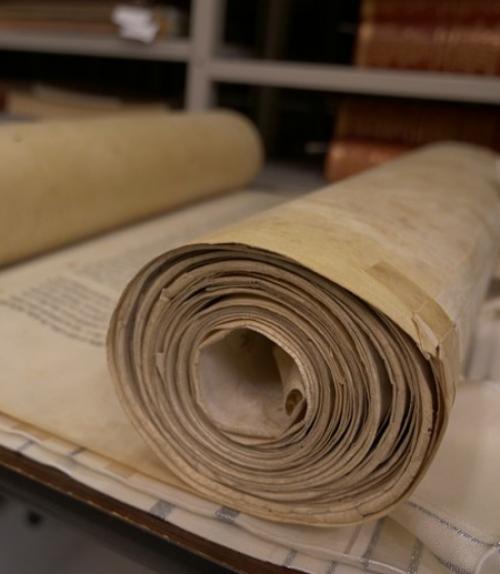
A newly arrived collection of Jewish books containing fables, with around 400 volumes spanning six centuries, will enrich Jewish studies at Cornell and cast light on the depth and breadth of Jewish civilization.The collection, which includes a 15th-century Torah scroll and six volumes from the first complete printing of the Babylonian Talmud, was delivered to the Cornell University Library’s Division of Rare and Manuscript Collections (RMC) earlier this month by Jon Lindseth ’56.
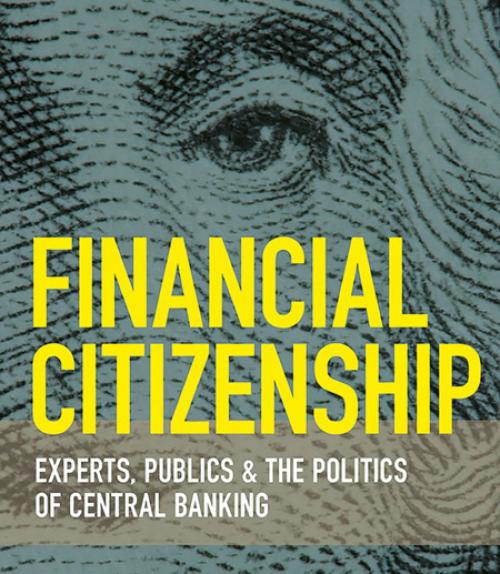
The 2008 financial crisis was a watershed moment for the world’s central banks and their central bankers. Long seen as old boys’ clubs of bland technocrats, they suddenly found themselves in newspaper headlines and the speeches of populist politicians. The debates were not about standard central banking fare – tweaking interest rates to manage inflation – but equality, fairness and democracy.
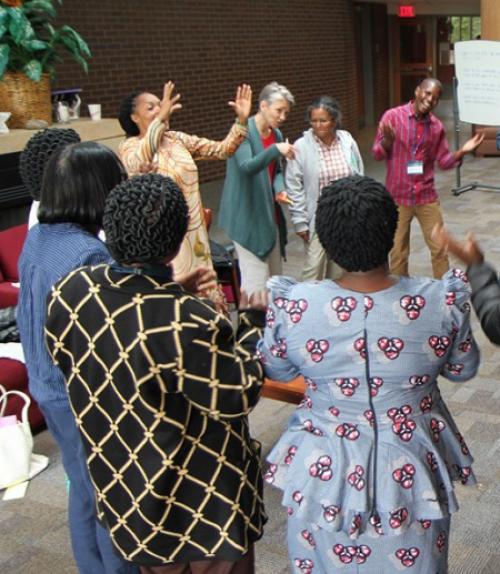
The wrap-up session for the inaugural meeting of the Ecological Learning Collaboratory was not your typical academic exercise.In a sunlit room at Carl Becker House, 16 people danced to songs in Swahili (from Tanzania), Tumbuka (from Malawi), and Tamil (from southern India). As each song ended, the group erupted in shouts and raucous laughter.
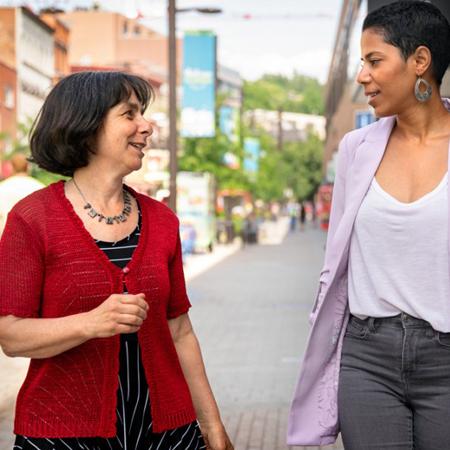
Since she was a child, Margo Hittleman ’81, Ph.D. ’07, was encouraged to speak up and try to change things that she thought were unfair. Looking back, she says many of the things that bothered her most related to systemic social injustice and exclusion, and she wanted to do something about it.
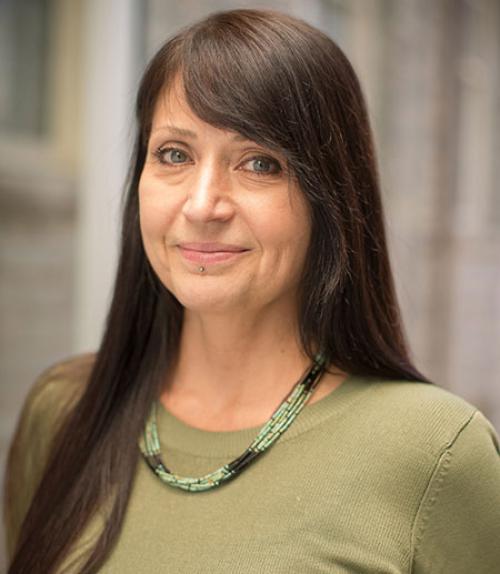
“Carol was a bright light in our department and our college. Her brilliance and expertise was only matched by her kindness and generosity,” said Ella Diaz, associate professor of English and Latina/o studies. Gretchen Ritter, the Harold Tanner Dean of Arts and Sciences, called Warrior “one of the rising stars of our faculty.”